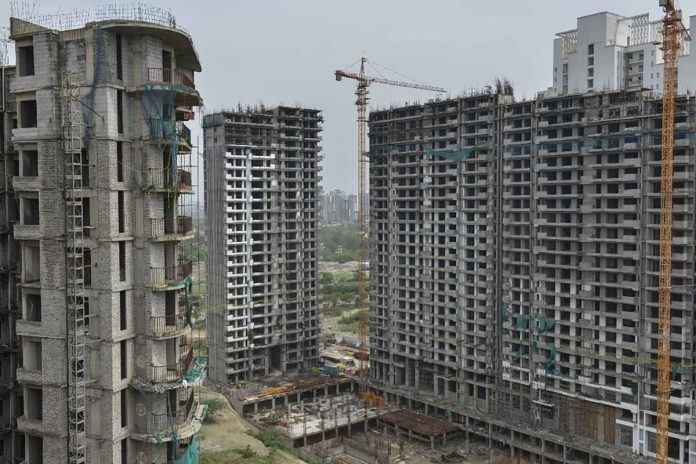The Master Plan 2041 for Greater Noida has been approved by the Greater Noida Industrial Development Authority (GNIDA) on 12 August, signalling the future growth of the region.
The Master Plan 2041 will act as a blueprint for the second phase of Greater Noida’s development, providing a boost to industrial growth in the region.
This satellite town near Delhi will acquire 40,000 hectares for its planned development and expansion under the masterplan, in the next 18 years.
Currently, Greater Noida covers an area of 31,733 hectares. With the implementation of the master plan, the city will expand to approximately 71,733 hectares for industrial development — making it four times larger than Noida, reports Hindustan Times.
In addition to industrial development, the plan also includes provisions for residential areas, mixed-use spaces (commercial and residential), green spaces, institutional use, and transportation.
According to officials, the land bank in Greater Noida is steadily decreasing, and there is a need for more land to support the expansion of industrial projects.
As a result, it has been decided to acquire additional land from farmers for the second phase of development.
Additionally, with the Noida International Airport in Jewar set to become operational in 2024, the demand for land is expected to increase even further in the area.
Focus on Stalled projects in Greater Noida
Currently, several projects in Greater Noida are currently in a state of suspension, awaiting completion due to a range of challenges and delays.
These setbacks have led to inconvenience, especially to homebuyers involved in these projects.
In line with this, the authority also discussed the Centre committee’s recent report on stalled housing projects — which has provided recommendations for reviving these projects and offering relief to approximately 200,000 homebuyers.
However, the board has not yet reached a final decision regarding the implementation of these recommendations, reports MoneyControl.
The panel has proposed a moratorium on the payment of builders’ dues to the authorities.
The committee has recommended a “model package” designed for stalled projects in Noida and Greater Noida. Other states can also develop similar packages for their own stalled projects.
This model package includes the implementation of a “zero period” to account for the disruption caused by the Covid-19 pandemic and court orders. During this period, developers will be exempted from making interest and penalty payments.
This would ease the financial situation of builders and help them complete delayed or stuck housing projects, with the provision that the developers will clear their dues in stages and focus on completing the projects.
The combined debts of builders in Noida, Greater Noida, and Yamuna Expressway are estimated to be around Rs 40,000 crore — excluding premium, interest, and penalties for the allotted plots.
The non-payment of these dues has resulted in project delays, and in some cases, authorities are not registering these projects.
The package also introduces a partial surrender policy, allowing developers to surrender a portion of the land.
The committee has recommended implementing a scheme that offers subsidised interest rates or a guarantee scheme to encourage financial institutions to support stalled projects.
In addition, the committee suggests that the government should consider establishing a guarantee fund specifically for providing finances to these projects. This proposal and fund is similar to the one already in place for MSMEs.
To move forward with these recommendations, the Ministry of Housing and Urban Affairs (MoHUA) has been instructed to draft a scheme and submit it to the Finance Ministry for further consideration and implementation.


